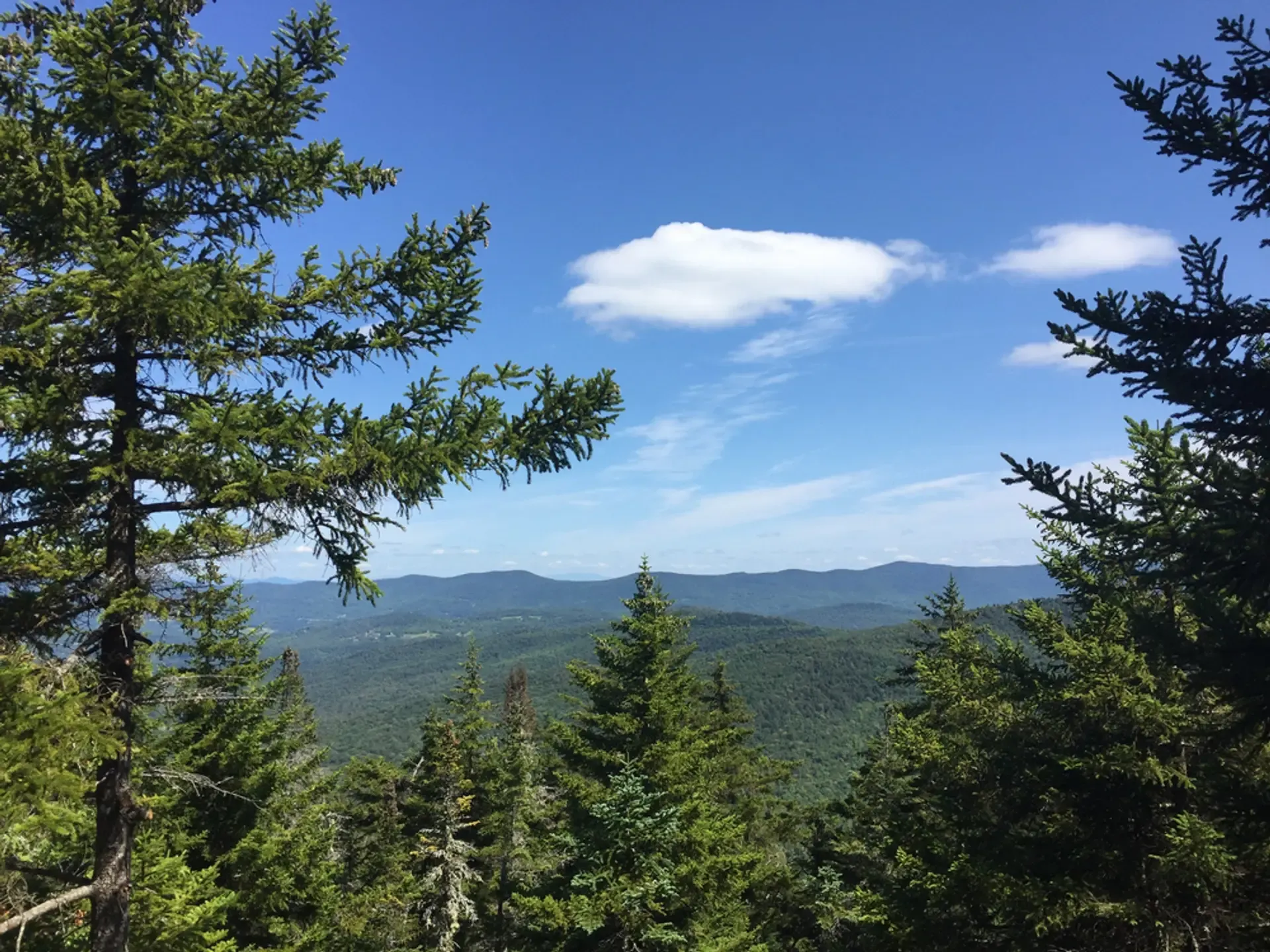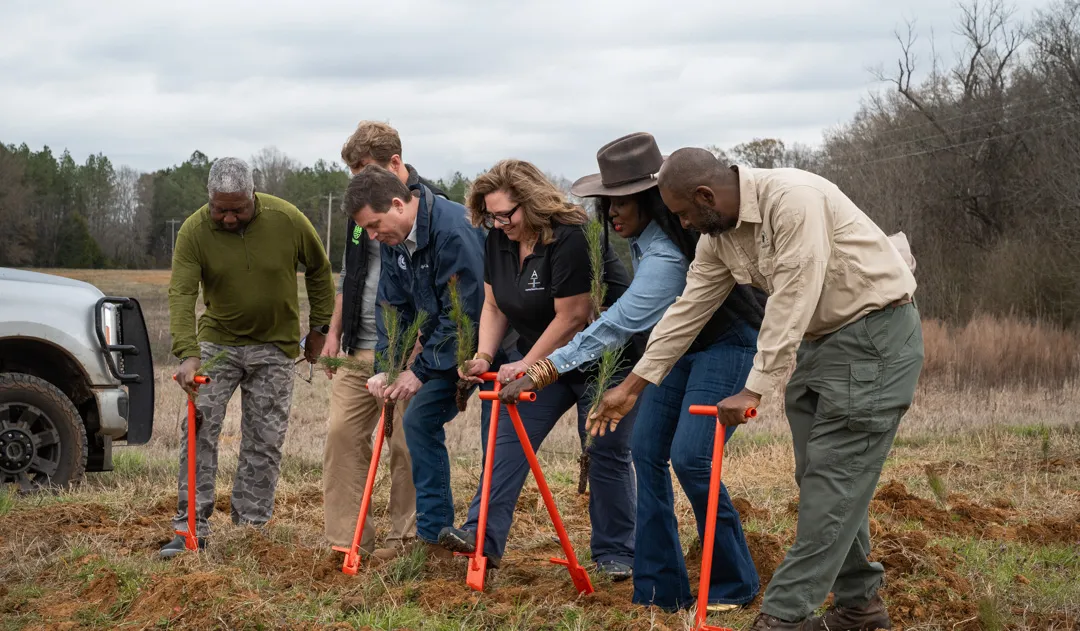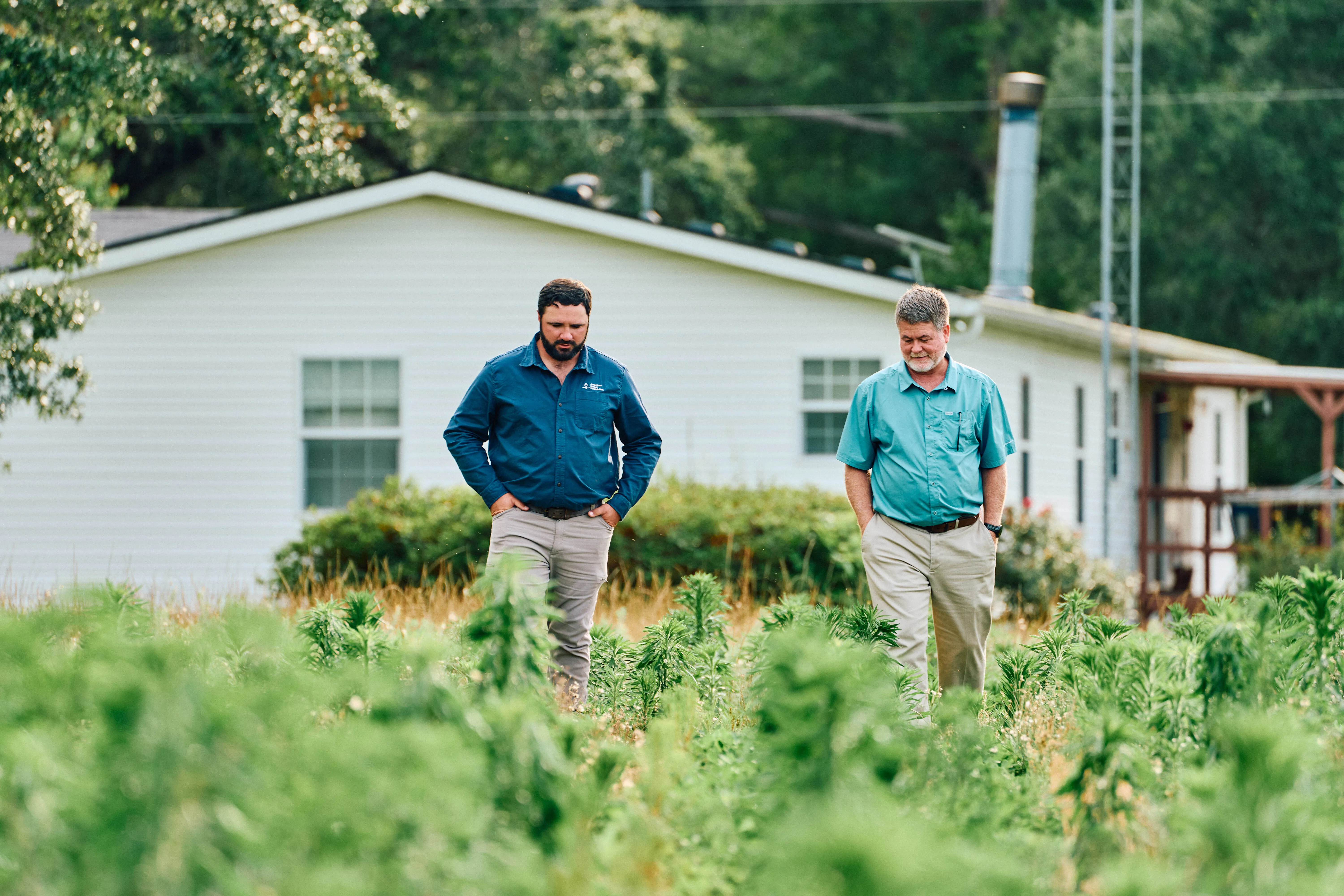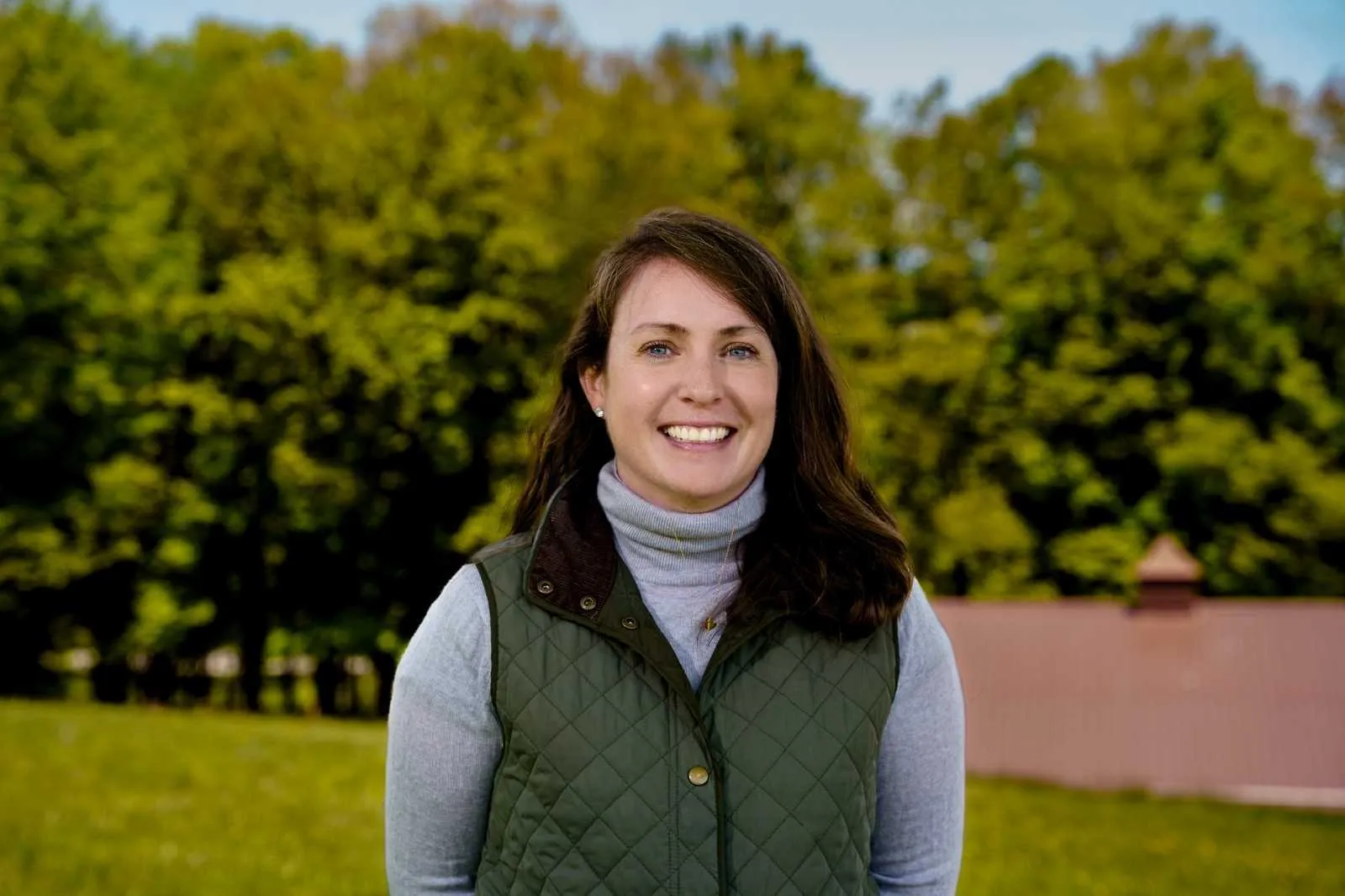Family Forest Carbon Program Opens to Small Woodland Owners Across Vermont, Parts of Massachusetts and New York

The Family Forest Carbon Program to Offer Resources and Assistance to Improve Forest Resiliency and Help Mitigate Climate Change
WASHINGTON, D.C. (July 13, 2022) – The American Forest Foundation (AFF), a national conservation organization that supports family woodland owners, and The Nature Conservancy (TNC), a global conservation organization, today announced their joint program, the Family Forest Carbon Program, is open for enrollment to rural small woodlot owners with as little as 30 acres in Vermont and western Massachusetts (Berkshire, Franklin, Hampden, Hampshire and Worcester counties) and eastern New York (Columbia, Dutchess, Rensselaer and Washington counties).
The Family Forest Carbon Program provides annual payments to family and individual landowners with small forest holdings to implement scientifically proven climate-friendly forest practices that increase the carbon sequestered and stored on the land. In addition, the program provides expert consultation from foresters and creates a customized forest management plan for those who need one.
The Family Forest Carbon Program provides payments and expert advice to family forest owners who manage their forests to both store more carbon pollution from the air and balance their other forest goals.
Families and individuals collectively own the largest portion – 39 percent – of U.S. forests in parcels of ten to 2,000 acres. Yet historically, carbon markets have generally only been accessible to large land holders with properties of 5,000 acres or more. As of 2019, less than one percent of the land in forest carbon projects was on properties under 1,000 acres in size. This is mostly due to high upfront costs, complexity, and contract length.
“Family forest owners care about their land and want to do the right thing,” said Richard Campbell, National Director of Landowner Engagement for the Family Forest Carbon Program at the American Forest Foundation. “But most run into roadblocks, like the high cost of management and finding the right technical assistance, that prevent them from taking active steps to improve their forest. The Family Forest Carbon Program is designed to democratize access to a critical revenue stream that can help them achieve their personal conservation goals and make a meaningful impact for our planet.”
Enrollment to the Family Forest Carbon Program is being offered for 20 years for one of two improved management practices: Enhance Your Woodland, which supports growing a more robust forest through sustainable harvesting; or Grow Older Forests, which grows an older forest by deferring harvests for the length of the contract. Both practices were developed in consultation with a team of regional forestry, wildlife, and climate experts in line with the Healthy Forests for Our Future guidelines. Both practices will not only support increased carbon sequestration and storage but will also build resiliency against the already-occurring impacts of climate change.
“Vermont's forests provide a wide range of critical benefits for our communities, wildlife and planet. The Family Forest Carbon Program allows small-scale forest owners to tap into carbon markets and technical resources to help them sustainably manage their forests in order to balance all of these benefits,” said Jim Shallow, Director of Strategic Conservation Initiatives, The Nature Conservancy in Vermont.
“We depend on Massachusetts' forests for a range of benefits for our communities, wildlife and planet", said Laura Marx, Climate Solutions Scientist for The Nature Conservancy in Massachusetts. "The Family Forest Carbon Program provides payments and expert advice to family forest owners who manage their forests to both store more carbon pollution from the air and balance their other forest goals."
The carbon sequestered by enrolled properties will be measured and verified through a new carbon accounting methodology developed by TNC and AFF under Verra’s Verified Carbon Standard that is on track to be approved this year. This new methodology advances the accuracy of the carbon calculation to ensure the program is providing a true and transparent climate benefit. The program then sells the carbon as verified carbon credits to companies who are taking a comprehensive approach to their climate goals—first reducing emissions before working to neutralize those they cannot eliminate.
Landowners can log on to familyforestcarbon.org, select their property, and see if their forest conditions and personal goals match with the requirements for enrollment.
The Family Forest Carbon Program has been open in Pennsylvania, West Virginia and parts of Maryland since 2020, and will be expanding into the upper Midwest next and into the South thereafter.
Contacts: Elizabeth Greener, American Forest Foundation; (202) 253-1096; elizabethrgreener@gmail.com Eve Frankel, The Nature Conservancy Vermont; (802) 229-4425; Eve.Frankel@tnc.org
# # #
About The American Forest Foundation The American Forest Foundation (AFF) is a non-profit conservation organization that protects and measurably increases clean water, wildlife habitat, and sustainable wood supplies that come from family-owned forests. AFF works with landowners, partners, leading businesses, and policymakers to address key issues such as conserving biodiversity, reducing risk of catastrophic wildfire, and addressing the threat of climate change. To learn more about the American Forest Foundation and the Family Forest Carbon Program, go to www.forestfoundation.org/carbon.
About The Nature Conservancy The Nature Conservancy is a global conservation organization dedicated to conserving the lands and waters on which all life depends. Guided by science, we create innovative, on-the-ground solutions to our world's toughest challenges so that nature and people can thrive together. We are tackling climate change, conserving lands, waters and oceans at an unprecedented scale, providing food and water sustainably and helping make cities more sustainable. Working in 76 countries and territories: 37 by direct conservation impact and 39 through partners, we use a collaborative approach that engages local communities, governments, the private sector, and other partners. To learn more, visit www.nature.org or follow @nature_press on Twitter.
Related Articles

February 12, 2026
Fields & Forests Plants its Millionth Tree
AFF celebrated the millionth planting on recently enrolled landowner Portia Fulford’s property near Montgomery, Alabama. AFF was joined by several key partners, including the Arbor Day Foundation, the Alabama Forestry Commission, the Alabama Forestry Association, Help for Landowners, and Funga.

February 11, 2026
Building Momentum & Impact: A Look Back at 2025
As we look back on 2025, one thing is clear: the Family Forest Carbon Program community continues to grow in both scale and impact. From enrolling new landowners to delivering verified carbon credits and expanding landowner support, this past year brought significant milestones for family-owned forests across the country.

February 3, 2026
Reflecting on 2025 and Looking Ahead
Happy New Year from the Family Forest Carbon Program team! It’s been a tumultuous year, to say the least, so I hope you’ve all been able to find some peace, prosperity and perspective enjoying your farms, fields, and forests with your families. As I reflect on our community, it’s clear we have so much to be grateful for.